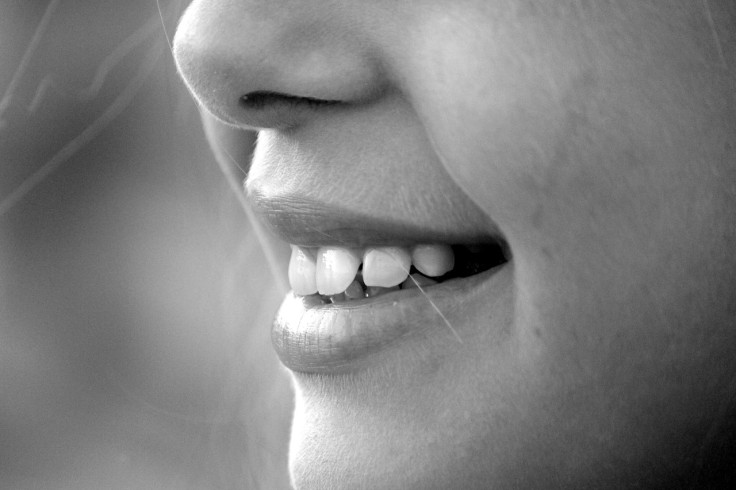Drug To Regrow Teeth? Trials Set To Start For Medicine That May Help In Regrowth

It looks like good news is just around the corner for people without teeth, as a miracle drug is in the works for tooth regrowth.
If the clinical trials go well, the first medicine that allows people to grow a new set of teeth would be available by 2030.
The Japanese research team, which is behind the groundbreaking invention, is set to begin the trials in July 2024, the New York Post reported.
The new drug could help in treating people who do not have a full set of teeth due to genetic conditions such as tooth agenesis. Tooth agenesis is a condition in which a person is born without some of their teeth. The condition affects between 3% and 10% of the U.S. population.
There are three types of dental agenesis: anodontia, hypodontia, and oligodontia. People with anodontia do not develop any of their natural teeth. When a patient lacks six or more teeth, the condition is categorized as oligodontia and when one to six teeth are absent, it is called hypodontia. Patients with agenesis will have difficulty chewing, swallowing, and speaking from a young age, which can even impact their development. The current treatment includes the use of dentures and dental implants.
"The idea of growing new teeth is every dentist's dream. I've been working on this since I was a graduate student. I was confident I'd be able to make it happen," Katsu Takahashi, lead researcher and head of the dentistry and oral surgery department at the Medical Research Institute Kitano Hospital in Japan, told the national daily news site The Mainichi.
Earlier research has found that certain genes, when deleted, would cause genetically modified mice to grow fewer teeth.
"The number of teeth varied through the mutation of just one gene. If we make that the target of our research, there should be a way to change the number of teeth (people have)," Takahashi explained how he initiated the study.
The researchers then found that USAG-1, a protein synthesized by the gene restricted the growth of teeth and by blocking the protein more teeth would grow. The team then developed a neutralizing antibody medicine that could block the protein's function.
In a study conducted in 2018, Takahashi's team successfully tested the efficiency of the medicine in mice with a congenitally low number of teeth.
Takahashi hopes the new drug after necessary clinical trials will provide one more option to the people who do not have a full set of teeth.
"In any case, we're hoping to see a time when tooth-regrowth medicine is a third choice alongside dentures and implants," he said.
After further tests, the researchers hope the drug could also be used in the future to treat signs of anodontia in kids from ages 2 to 6. "We hope to pave the way for the medicine's clinical use," he added.



























